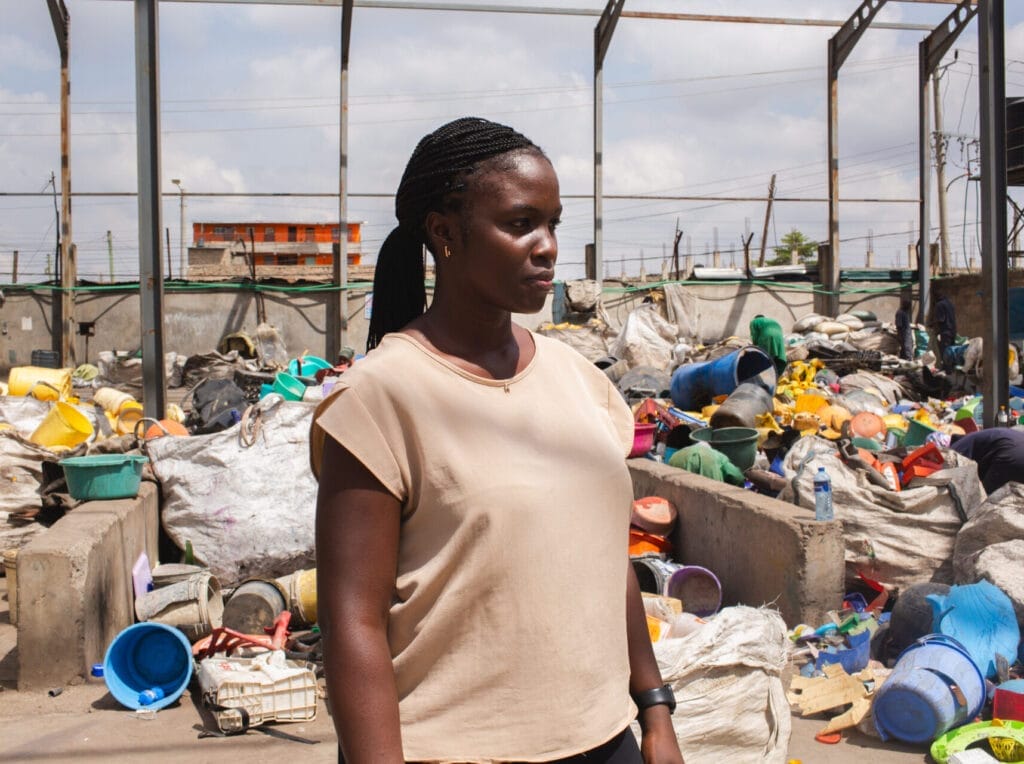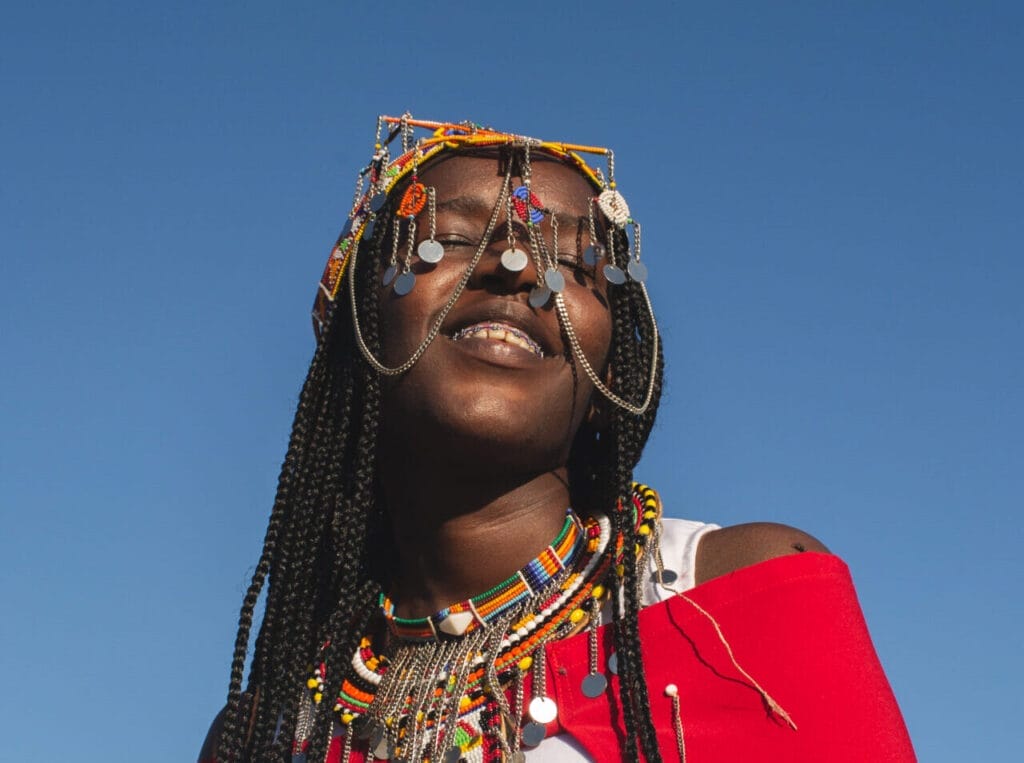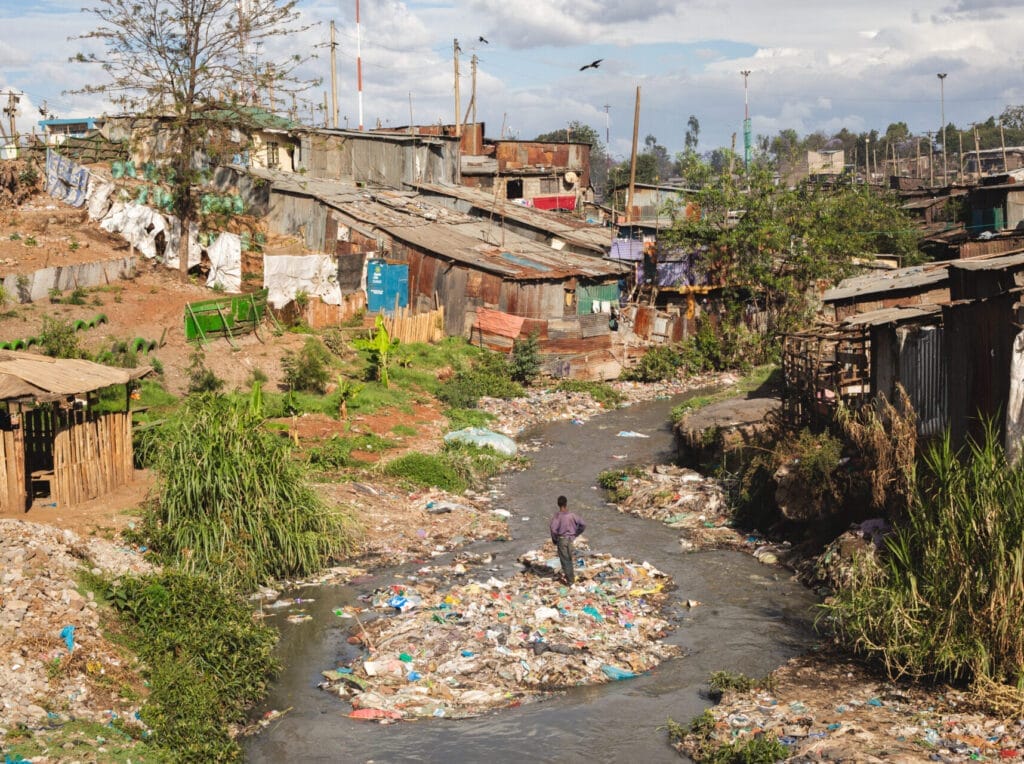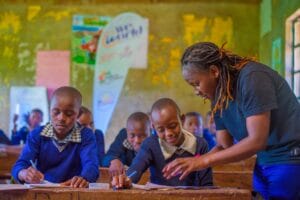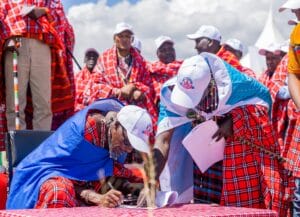
What is the connection between climate change and gender issues? What leadership role do women play in decision-making processes concerning the climate crisis? Which strategies and solutions to promote women's leadership in this field? These and other questions are answered by the images that photographer Gaia Squarci shot for us in Kenya and that will be displayed in Nairobi.
Opening Friday, Nov. 24, at the University of Nairobi will be "I want you to know," the solo exhibition of Gaia Squarci, the Italian photographer, class of '88, who was with us in Kenya to tell the story of women's role in fighting the climate crisis affecting the country.
The exhibition - with a curatorship by Cortona On The Move - will be inaugurated on the occasion of the launch of the 'Activate Nairobi' campaign promoted by the Italian Agency for Development Cooperation (AICS) and the Italian Cultural Institute, stemming from a workshop that Gaia Squarci herself held in Kenya in partnership with the Mwelu Foundation, which also involved young people from Mathare, on the outskirts of Nairobi.
"Women all over the world are disproportionately affected by environmental challenges because they represent the majority of the people living in poorer conditions worldwide and are therefore more dependent on threatened by natural resources," says Gaia Squarci. As the Covid-19 pandemic confirmed, any crisis situation also exacerbates tensions in society and in households, which invariably result in an increase in violence against women. The women you see in these photographs are well aware of these obstacles, some have suffered them at first hand, and have refused to be victims in order to become agents of change through their work, their words and their time".
Sereti Nabaala, a Kenyan Maasai activist from the village of Aitong in Narok West, is also among the protagonists of the photographs. Sereti has always been committed to raising awarenessin Maasai communities concerning female genital mutilation and child brides. A commitment that stems from direct experience since at the age of 10, like every Maasai girl of her age, Sereti underwent female genital mutilation. With her association Sereti carries out awareness-raising activities in schools on menstrual hygiene and provides sanitary pads, which are hard to find and very expensive for girls who often have to miss school for this reason. She also carries on her fight against the climate crisis, explaining in schools the importance of water and reforestation activities.
A story also told by Gaia Squarci, who with her art manages to provide a representation of the importance of female leadership towards the affirmation of a gender narrative in the context of the climate crisis, aiming at raising awareness of the crucial role women play in accelerating ambitious climate action.
Women continue to be marginalised from the political sphere also in the climate field, due to gender stereotypes, lack of access and structural socioeconomic barriers. Climate change impacts every living being, but existing perspectives and decisions to address it are typically devised by men in power. It is also a crisis of leadership and working on gender equality is crucial to solving the ongoing climate crisis.
As part of the international campaign for the 16 Days of Activism against Gender Violence, on 24 November, starting at 9:30am, the Italian Agency for Development Cooperation (AICS) and the Italian Cultural Institute, together with the Italian Embassy in Kenya, have organised an event to launch the 'Activate Nairobi' campaign through a panel featuring four distinguished and inspirational women, including climate activists, academics, and researchers, who will respond to the above questions by bringing their testimonies, ideas and perspectives.


